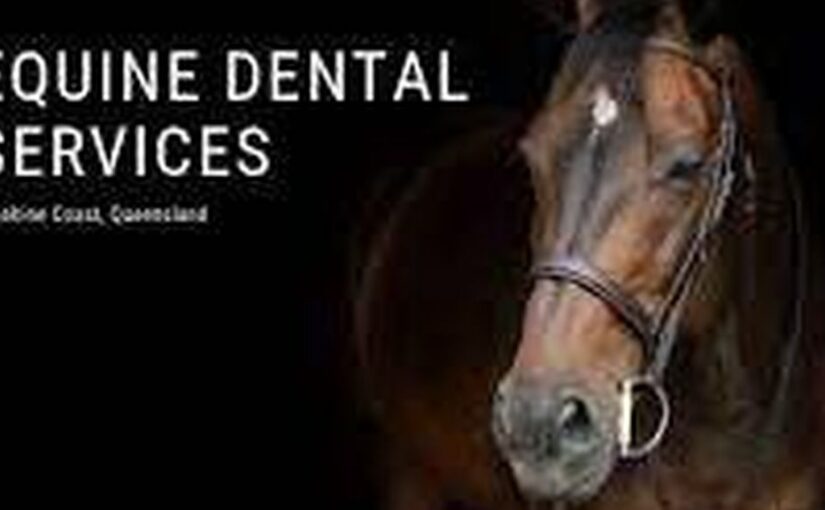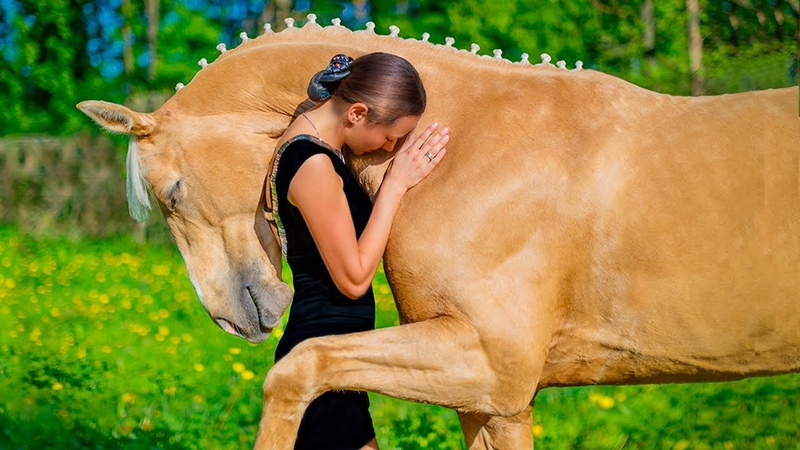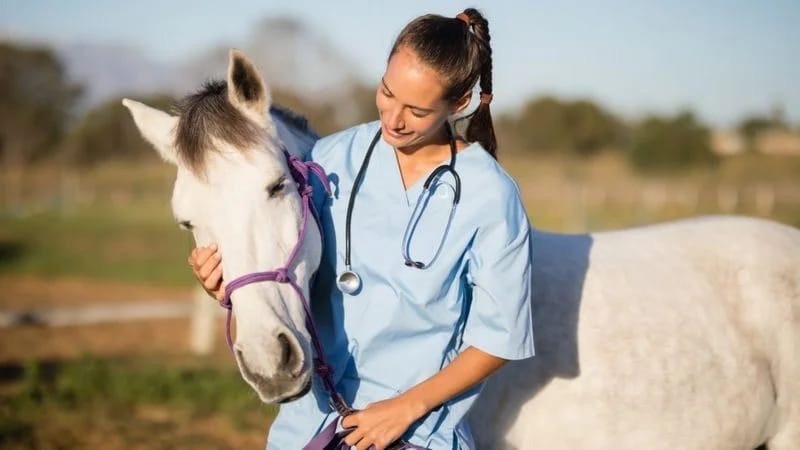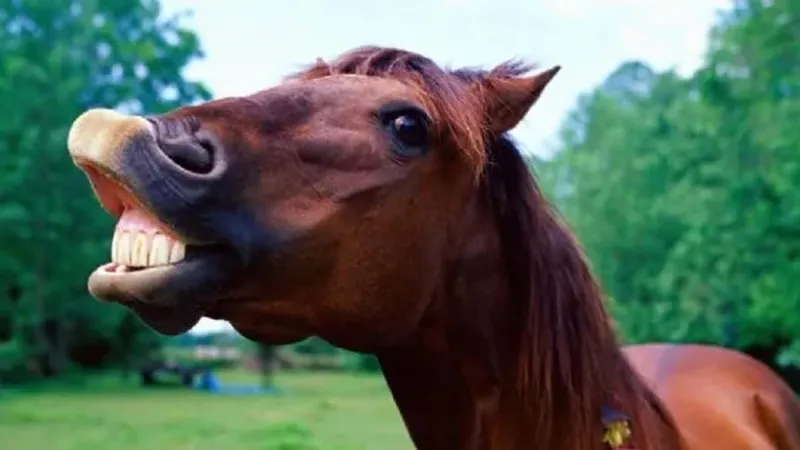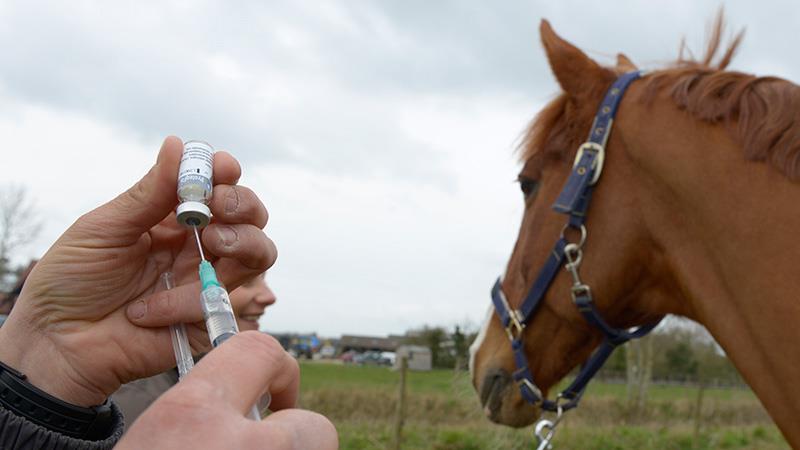Understanding Equine Dental Health
Equine dentistry plays a vital role in maintaining the overall health and well-being of horses. A horse’s teeth are crucial for proper digestion, allowing them to efficiently break down food for optimal nutrient absorption. Dental issues can lead to pain, discomfort, and impaired eating, resulting in weight loss, poor performance, and even behavioral problems. Regular dental care is essential to ensure the longevity and quality of life for horses.
Common Dental Issues in Horses
Horses are susceptible to several dental issues that can impact their well-being. These include:
Dental Malocclusions: Malocclusions refer to misalignments or abnormalities in the positioning of the teeth, such as overgrowths, hooks, or waves. These can lead to difficulties in chewing, abnormal wear patterns, and the formation of painful ulcers in the mouth.
Sharp Points: Due to the way horses chew, sharp points can develop on their teeth, particularly on the molars. These points can cause discomfort, pain, and ulcers on the cheeks or tongue. They need to be regularly addressed to prevent complications.
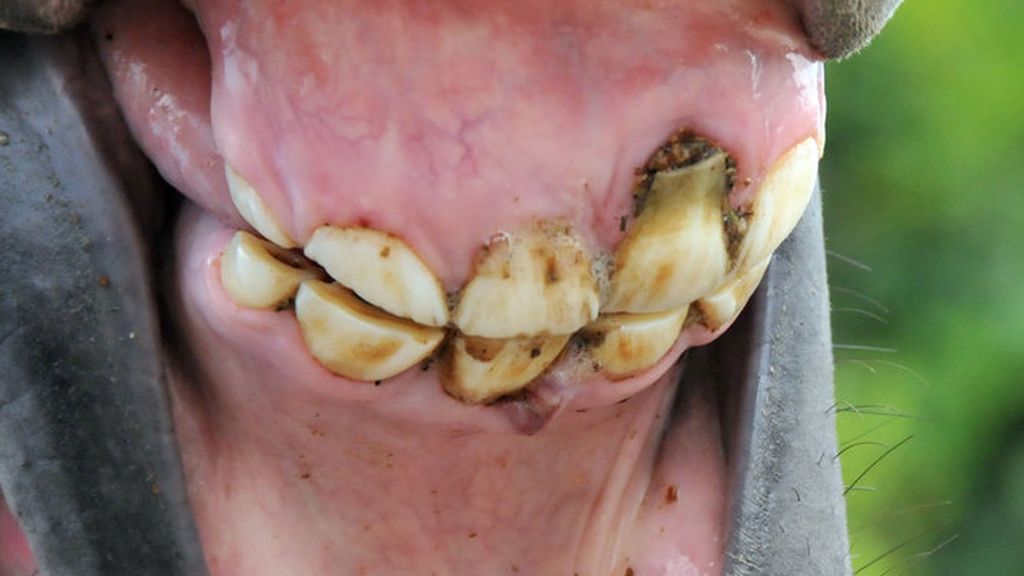
Dental Abscesses: Dental abscesses occur when infections develop within the tooth or surrounding structures. They can cause severe pain, swelling, and potentially affect the horse’s ability to eat and perform.
Retained Deciduous Teeth: Sometimes, a horse’s deciduous (baby) teeth may not fall out as expected, leading to retained teeth. This can result in improper alignment, overcrowding, and subsequent dental issues.
Proper dental examinations and treatments by qualified equine veterinarians are essential to identify and address these issues promptly.
Routine Dental Examinations and Floats
Routine dental examinations, often referred to as “floating,” are crucial to maintaining good oral health in horses. During these examinations, the veterinarian evaluates the horse’s teeth, looking for signs of malocclusions, sharp points, and other abnormalities. Floats, specialized tools, are used to file down sharp points and correct minor malocclusions.
Regular floating, typically recommended every six to twelve months depending on the horse’s age and dental health, helps prevent the development of more severe dental issues. It ensures proper alignment of the teeth, reduces discomfort, and improves the horse’s ability to chew and perform optimally.
In addition to floating, routine dental examinations also involve checking the overall oral health of the horse, including the gums, tongue, and the presence of any sores or abnormalities. The veterinarian may also evaluate the horse’s bite and jaw alignment to identify any issues that may affect chewing efficiency.
Dental X-rays and Advanced Diagnostics
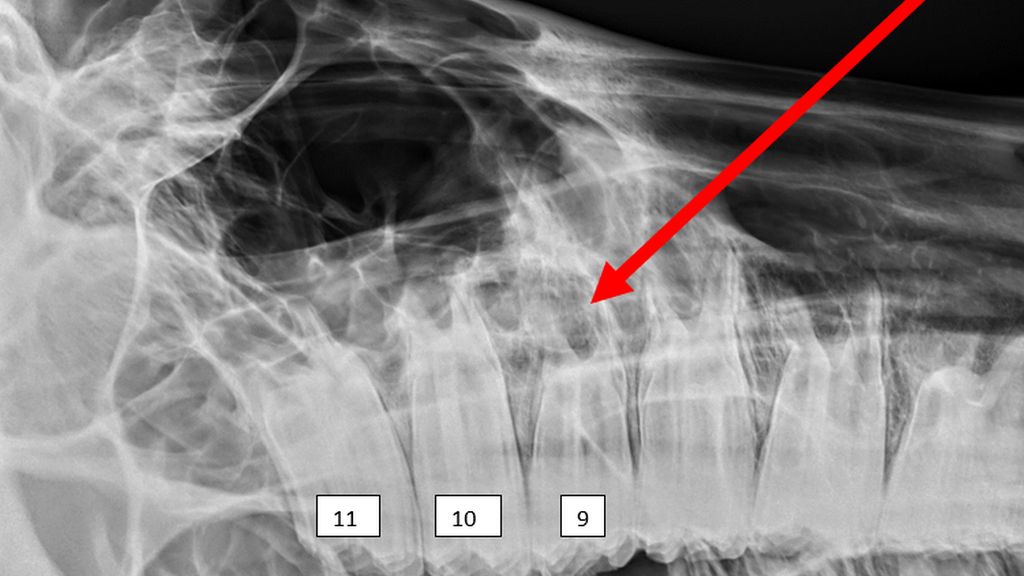
In some cases, dental x-rays and advanced diagnostic techniques may be necessary to assess and treat specific dental conditions in horses. Dental x-rays allow veterinarians to visualize the internal structures of the teeth, roots, and surrounding bone, providing valuable insights that are not visible during routine examinations.
Advanced diagnostic techniques, such as endoscopy, may be used to evaluate the oral cavity, upper airway, and sinuses. These diagnostic tools help identify and address complex dental issues, such as dental abscesses, fractures, or impacted teeth, with greater precision.
Dental x-rays are particularly useful in diagnosing conditions like dental impactions, root infections, or the presence of retained deciduous teeth. They help guide treatment decisions and ensure that appropriate interventions are performed. Advanced diagnostic techniques aid in identifying underlying issues that may not be evident during a routine dental examination alone.
Oral Surgery and Extractions
In situations where dental issues cannot be resolved through routine procedures, oral surgery or extractions may be necessary. Oral surgery may involve the removal of dental cysts, impacted teeth, or the repair of fractures. Extractions are performed when a tooth is severely damaged, diseased, or causing significant pain and cannot be saved.
These procedures are typically performed under sedation or general anesthesia to ensure the comfort and safety of the horse. The veterinarian may use specialized instruments and techniques to perform precise surgical procedures, minimizing trauma and promoting quicker healing. Post-operative care and pain management protocols are essential to facilitate a smooth recovery.
Oral surgery and extractions require the expertise and experience of a skilled equine veterinarian. They may be recommended in cases of severe dental conditions, such as advanced periodontal disease, extensive tooth decay, or traumatic injuries. Close monitoring and follow-up care are necessary to ensure proper healing and a return to normal eating and chewing functions.
Preventive Dental Care and Owner Education
Preventive dental care is key to maintaining optimal oral health in horses. Horse owners play a crucial role in this process by scheduling routine dental examinations and floats, observing their horse’s eating habits, and reporting any signs of discomfort or dental issues to their veterinarian promptly.
Equine veterinarians can also educate horse owners about proper dental hygiene, such as providing appropriate feeds, implementing regular dental checks, and addressing dietary concerns. Education on recognizing early signs of dental problems, such as weight loss, excessive drooling, or head tossing, empowers owners to take proactive measures for their horse’s dental well-being.

Additionally, horse owners should be aware of good dietary practices that promote dental health, such as providing a balanced diet that includes adequate roughage and appropriate chewing opportunities. Regular teeth cleaning and the use of equine dental products, as recommended by the veterinarian, can also contribute to maintaining healthy teeth and gums.
By actively participating in preventive dental care and being knowledgeable about their horse’s oral health, owners can significantly contribute to the overall well-being of their equine companions.
In conclusion, equine dentistry services are vital for enhancing the overall well-being of horses. Routine dental examinations and floats, along with advanced diagnostic techniques and surgical interventions when necessary, ensure the early detection and treatment of dental issues. Preventive dental care, combined with owner education, is crucial for maintaining optimal oral health and improving the horse’s comfort, performance, and quality of life. Through comprehensive dental care, we can provide horses with the dental well-being they deserve.
